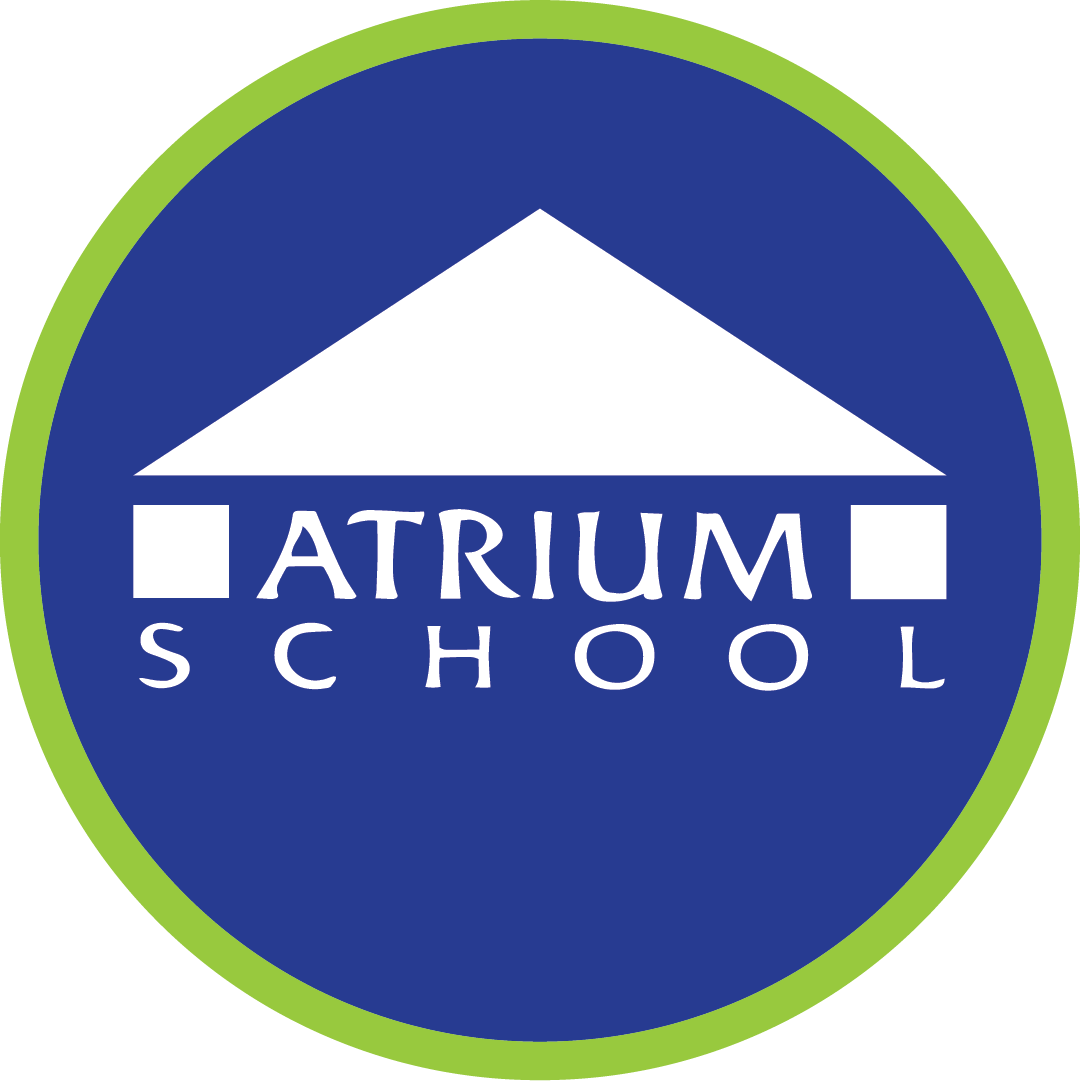Early Childhood (PreK – Grade 1)
Atrium School offers an innovative and child-centered approach to early childhood education. Our program fosters curiosity, creativity, and a strong sense of self from an early age. Academic exploration is interwoven with social-emotional learning to support the whole child. Our small, close-knit classrooms and collaborative teaching model allow for each child to be deeply known and valued for their unique strengths and challenges. Nature, community, and play take center stage in our Early Childhood classrooms alongside robust literacy and math curricula. As students progress from PreK through Grade 1, they develop the foundational skills needed to enter the elementary grades as inquisitive learners and compassionate classmates.
Developing the Foundations
Teachers plan activities and experiences that align with the developmental stages of young children, recognizing the importance of hands-on, experiential learning. Our literacy program and foundational math curriculum support students in developmentally attuned learning through a multifaceted, integrated curriculum that emphasizes both routine structure and engaging learning opportunities.
Project-Based and Experiential Learning
An exploration of nature permeates Early Childhood learning at Atrium. Beginning in PreK, students take frequent walks to the nearby arboretum of Mount Auburn Cemetery and utilize Atrium’s exciting new green campus to investigate the world around us. The Early Childhood themes explore change, adaptation, and the natural world through deep, meaningful projects and investigative field trips. Recent trips have included the Museum of Fine Arts, the Seacoast Science Center, and a multi-visit partnership with Waltham Fields Community Farm.
Family Engagement
Early Childhood learning depends on close and trusting partnerships with parents and guardians. Collaboration with families is key to fostering a sense of community and understanding for our youngest learners on a deeper level. Teachers and families collaborate to identify and support the needs of our youngest learners as they prepare to become progressively more independent and autonomous in the elementary grades.
Play-Based Curriculum
Play is an essential way for young children to make sense of the world, solve problems, and develop socially. Atrium’s Early Childhood grades use play to approach learning in all areas of the curriculum. Through intentional, play-based experiences, our Early Childhood students build foundational skills in literacy, math, science, and social-emotional learning.
Social-Emotional Learning (SEL)
In Atrium’s Early Childhood classrooms, children develop self-awareness, self-regulation, and relational skills, which are foundational for success in and out of school. Social-emotional learning at Atrium is deliberately designed and integrated within the wider curriculum from the earliest age. Teachers model and guide positive interactions, helping children to navigate their emotions, develop empathy, and build a strong sense of community.
A Diverse and Inclusive Environment
Diversity and inclusion are essential components of learning at Atrium throughout the grades, and the Early Childhood education program is no exception. Our youngest learners are taught to value the wide range of perspectives, cultures, and experiences within our school community and the wider world, and experience the invaluable benefits that come from understanding and including those whose lives may be different from their own.
Collaborative Approach
Atrium’s Early Childhood program integrates arts, music, movement, literacy, math, and outdoor play into the daily routine, recognizing that learning is multi-dimensional and best nurtured through relevant, child-driven experiences. A close team of teachers and administrators collaborate to support all different types of learners, both individually and in groups. Students practice working together and sharing daily, and spend time with buddies in the older grades who act as mentors and friends of different ages. Teachers model effective teamwork through intra- and cross-grade educator partnerships.









